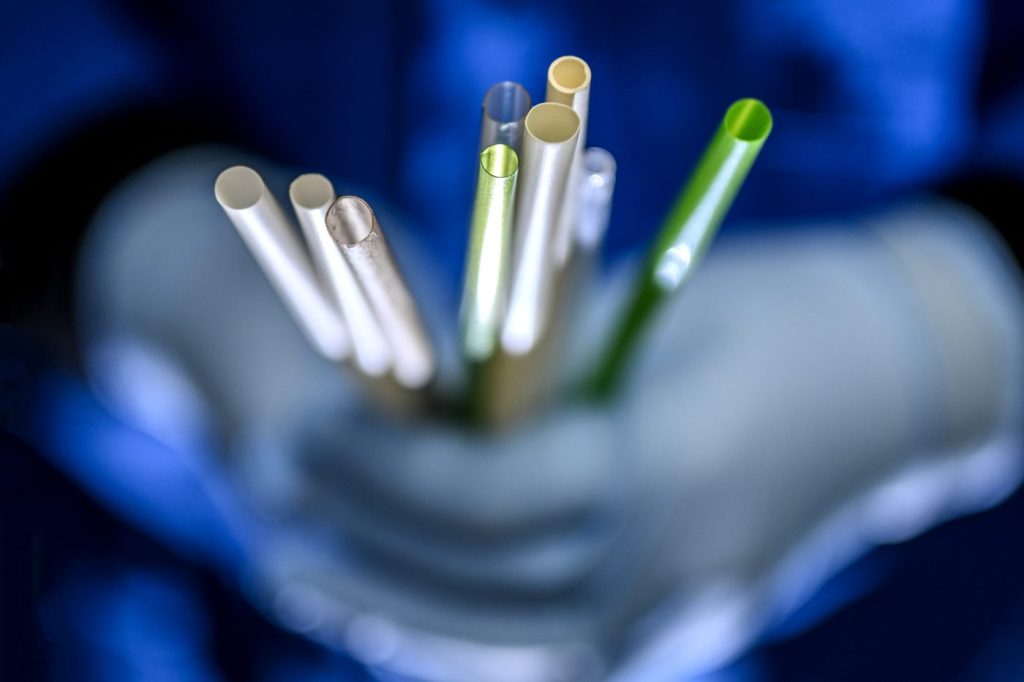Northeastern receives $8M for renewable energy research
The latest in a series of federally-funded programs supporting the university’s three major research themes – health, security and sustainability – Northeastern’s Center for Renewable Energy Technology (NUCRET) has received six federal grants totaling more than $8 million to conduct research that will primarily focus on powering the next generation of electric cars and consumer products.
The Department of Energy (DOE) awarded Northeastern the majority of the funds, including a four-year, $6.38 million grant to develop a cost-effective and energy-efficient non-platinum based fuel cell catalyst for electric vehicles. The new technology would replace internal combustion gas engines with fuel cells.
“Global challenges, such as sustainability, call for leading research universities to provide innovative solutions,” said President Joseph E. Aoun. “Northeastern is responding to this call across a range of fronts, including our pathbreaking work to develop renewable energy. This work exemplifies our use-inspired approach to research, which continues to gain support from important federal agencies.”
NUCRET director and Northeastern professor Sanjeev Mukerjee and his team are collaborating on the project with a host of universities and National Laboratory and other partners, including the chemical firm BASF, Los Alamos National Lab and Nissan. The goal is to develop a more affordable fully electric vehicle that would hit the market between 2016 and 2018, Mukerjee said.
As a global focus to integrate more sustainable living practices continues to gain momentum, increasing electric cars’ availability and affordability in the marketplace—and the technology to build them—has become a stronger point of emphasis for both American and foreign automakers.
For Mukerjee, who has been researching this field for 20 years, this DOE grant “represents the greatest opportunity for engendering a breakthrough.”
“These grants put Northeastern at the forefront of materials science,” said Mukerjee, professor of chemistry and chemical biology. “Our leadership role will define the future development of these materials for years to come.”
The DOE also provided NUCRET with two additional grants. One will support a collaboration with the University of North Florida and Johnson Matthey to develop portable methanol fuel cells for consumer applications. This next generation of fuel cells would enable laptops and other devices to run for months without being recharged.
The other grant will support a partnership with General Motors to develop ultra-low platinum loading catalysts for automotive fuel cell applications.
Additional support includes:
• Defense University Research Instrumentation Grant (DURIP) from the Department of Defense’s Army Research Office to augment existing facilities with new laboratory equipment.
• Grant from Dupont as a part of a DOD program for the development of cost effective non-platinum based Anion Exchange Membrane Fuel Cells for soldier power applications.
• Grant from the U.S. Army’s Communications-Electronics Research, Development, and Engineering Center to conduct fundamental studies on materials for lithium-air batteries.
“Improving the efficiency and lowering the cost of advanced materials will lead to a new generation of fuel cells for efficient and clean energy conversion,” said Melvin Bernstein, vice provost for research at Northeastern. “Through its significant grant support DOE and DOD have recognized the importance of the cutting edge material science and engineering research being carried out at NUCRET in achieving this national goal”
NUCRET researches ways to develop renewable energy through an interdisciplinary team of chemists, physicists, engineers, economists and policy analysts. Its collaborators include worldwide partners from the Czech Republic to China dedicated to clean energy and water.





